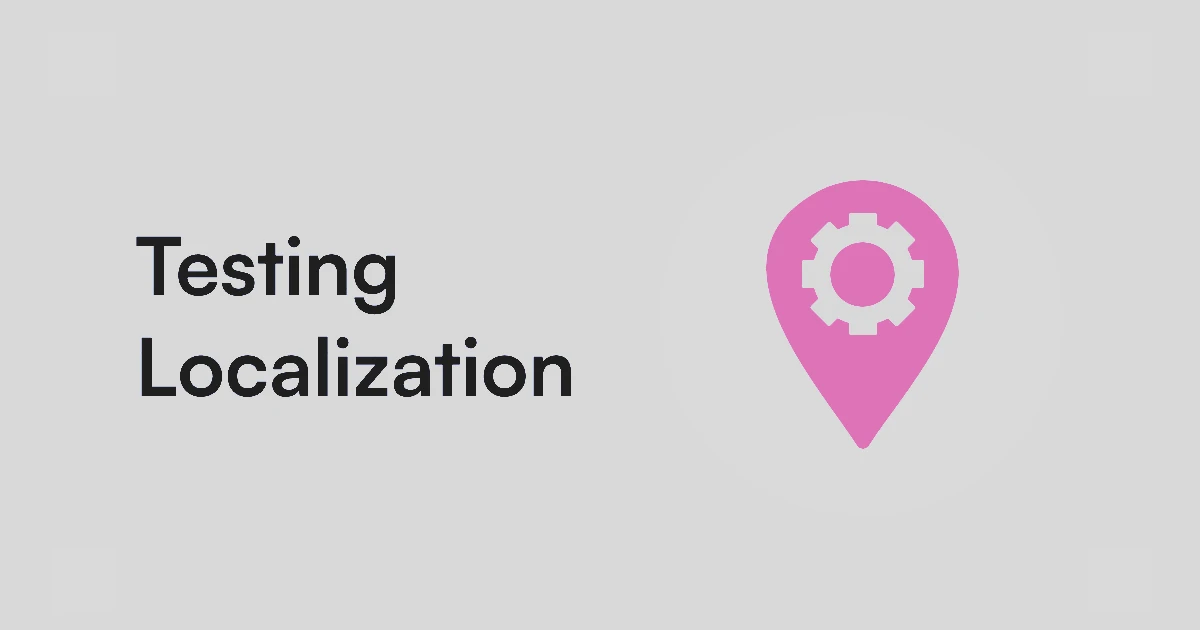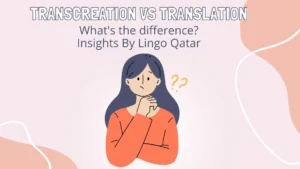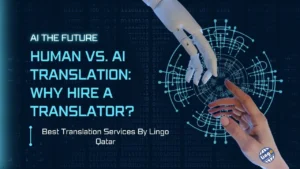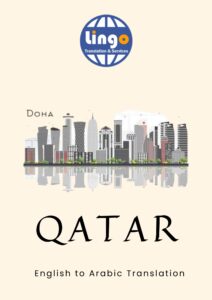Basics of Localization: Exploring Key Terms in the World of Translation and Localization Services
Introduction
Rapid globalization has heightened the need to share content accurately and effectively in multiple languages. This awareness has led businesses and individuals to explore translation and localization services, vital factors in reaching a broader global audience. However, the jargon associated with these industries can overwhelm a novice. Understanding key localization terms aids engagement, ensures informed decision-making while outsourcing, and paves the way for successful multi-language communication.
This article aims to dismantle complex terminologies associated with translation services into layperson’s terms.
Translation and Localization
The two fundamental terms to comprehend are translation and localization. Translation is converting text or speech from one language to another. It revolves around linguistic expertise, encapsulating words, phrases, idioms, and concepts’ literal conversion. Unlike translation, localization is a comprehensive process. It involves translating text and adapting it to suit a specific locale or audience, considering language, cultural norms, symbols, colours, imagery, and other context-specific variables. Localization helps a product or service feel native to the intended audience.
Translation Memory
One may come across the term Translation Memory or TM when dealing with translation services. This software-based tool is an essential part of modern translation techniques. It is a database that stores previously translated sentences, paragraphs, or phrases. Every new project is compared against this memory. If there is a match with an earlier translated text, the translator can use it, saving time and maintaining consistency in the translation.
Machine Translation
Machine Translation (MT) is automated software that translates text from one language to another without human intervention. Currently, there are various MT models, including rule-based, statistical, and neural network machine translation. While MT can augment efficiency and speed, it may need to improve in capturing nuances, idioms, or cultural implications, necessitating a human translator’s review in most cases.
Computer-Assisted Translation
Computer-assisted translation (CAT) should be distinct from Machine Translation. While MT solely depends on software for translation, CAT tools are used by human translators to aid their process. It combines the benefits of Translation Memory, Terminology Management, and other features to increase accuracy and productivity, making the translating services more efficient.
Post-Editing Machine Translation
Post-editing Machine Translation (PEMT) is a process that combines MT and human editing. After the machine translation of a text, a human translator edits it to correct errors, refine language use, and ensure that the translated content maintains the source’s essence and tone. The degree of post-editing could vary from light (correcting significant errors) to heavy (making the translation sound natural).
Terminology Management
When dealing with localization or translating services, having consistent and accurate terminology is crucial for maintaining the quality and clarity of the message. Terminology Management involves creating, updating, and using a glossary of specific terms used repeatedly across projects. This process helps maintain consistency, increases translation speed, and ensures accuracy across different projects.
Localizability
This term refers to the degree of ease with which a product, such as software or website, can be adapted to various locales without significant changes in its design. A product with high localizability indicates that the original developers had future localization in mind during the design and deployment phases.
Internationalization
Internationalization is planning and implementing products and services to quickly adapt to specific local languages and cultures. It’s a strategic approach taken during the design phase to minimize the cost and effort involved during the localization process.
Transcreation
Transcreation is giving a concept or an idea life in a new language rather than just translating the words. It involves maintaining the original text’s intent, style, tone, and context and restructuring the message to appeal to the target locale’s audience. Transcreation is often used in advertising and marketing, where it’s crucial to evoke specific emotions in the audience.
Quality Assurance in Localization
Quality Assurance (QA) in the context of translation and localization involves a process of rigorous review and testing of the translated content to ensure it meets the desired quality level, is error-free, and is culturally suitable to the local audience. The involvement of QA invariably improves overall localization quality.
Conclusion
Venturing into the world of translation and localization can be challenging for anyone unfamiliar with the industry’s unique terms and concepts. Familiarity with these keywords can significantly simplify finding high-quality translating services, liaising effectively with service providers, and ensuring that localized content effectively communicates the intended message to its audience.
Working with professional translation and localization services adept at these concepts is always advisable and can help guide you through these complex processes. Through their expertise, resources, and insights, they can save effort and time and, importantly, avoid any potential miscommunication from poorly adapted content.
Comprehensive localization strategies can demolish far-reaching communication barriers, leading to successful entry and penetration into target markets. Remember, the key to successful globalization is successful localization.





